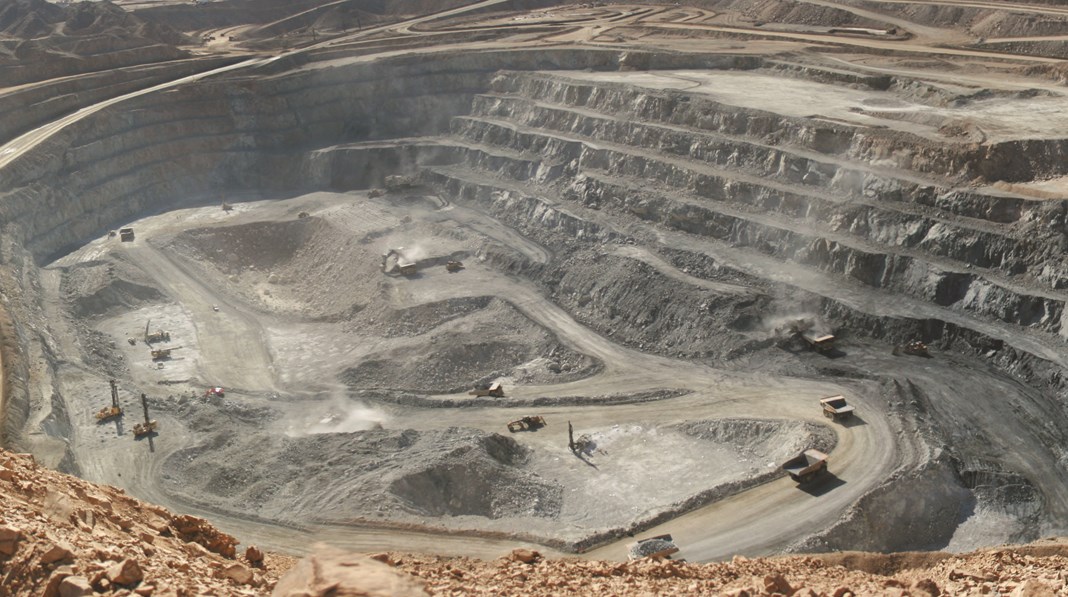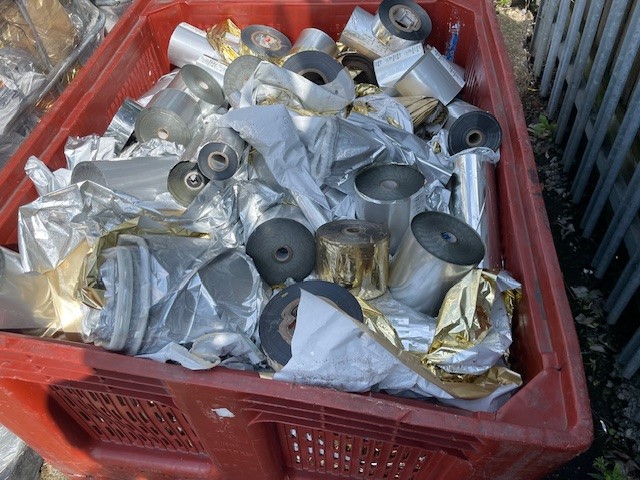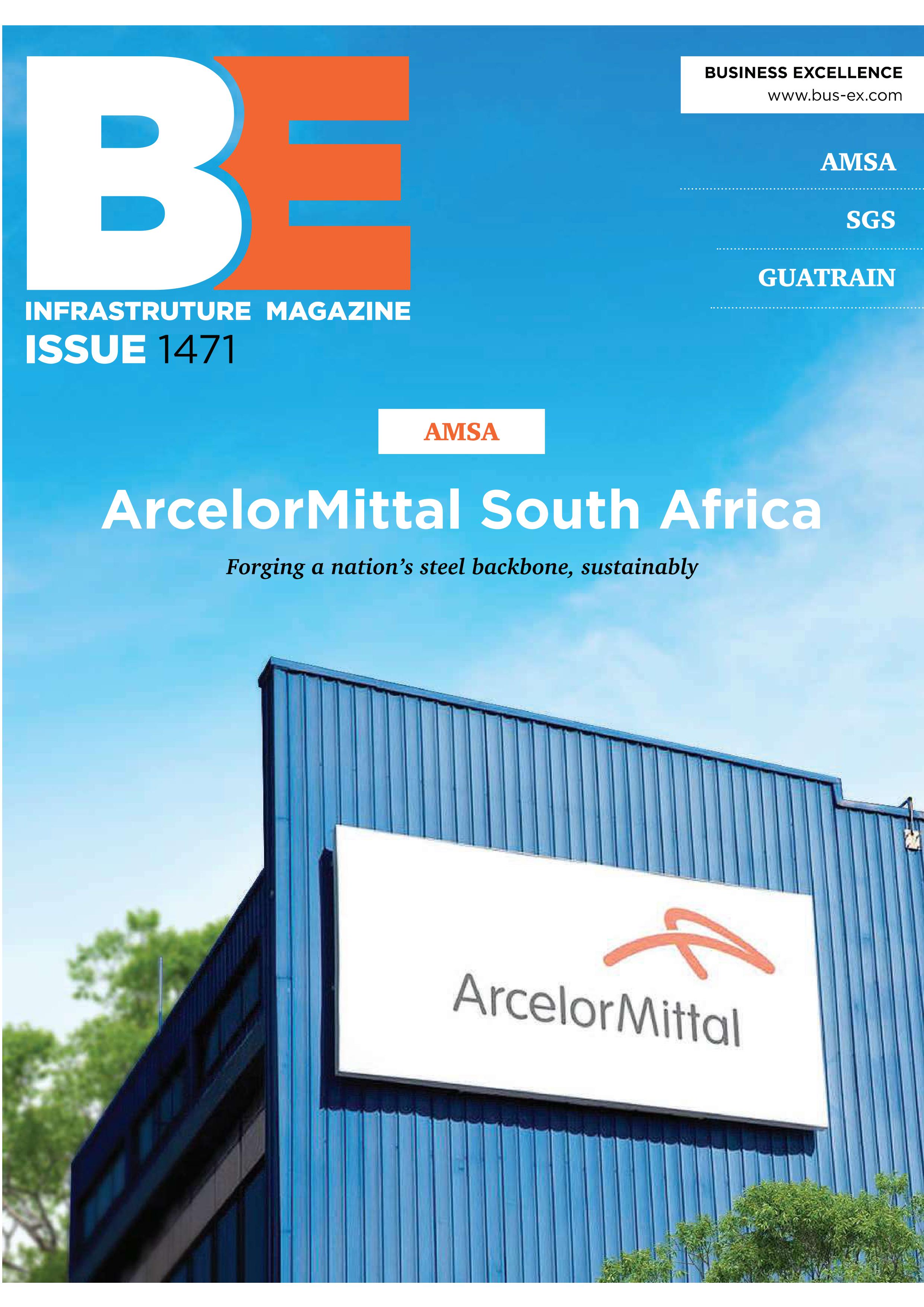
Few companies can provide a dedicated team-led approach to decommissioning like Optimus. The Aberdeen-based oil and gas engineering consultancy has gone from strength to strength since it launched Optimus Decom in 2010, a subsidiary established to meet growing demand for its engineering services for the decommissioning of on and offshore oil and gas facilities.
The company has built up a select team of specialists with all of the relevant skills necessary to provide support throughout the decommissioning process, from assessing liabilities and analysing the engineering options to final decommissioning project management, and is working to develop a full turnkey solution for the decommissioning of facilities.
Stuart Heggie, decommissioning team lead, said: “Rather than acting as a small decommissioning group that pulls in specific resources from outside sources, we are building a dedicated team of people with skills in all the relevant disciplines who share a collected understanding of the industry’s priorities. We are approaching decommissioning work differently, by having focused engineers in-house rather than sourced from third parties, and the huge benefits of this are increasingly being recognised by a growing band of operators.”
The team has experience in supporting a number of operators and other energy service companies, including Talisman, ConocoPhillips, BP and Wood Group.
Optimus’ expertise in the decommissioning field led industry body Decom North Sea to select it as the only engineering consultancy in its workgroup set up to help streamline the approvals process by reducing both costs and timescales for decommissioning work. The new standard template devised by the group has simplified the preparation and approvals process, which is highly welcomed by the industry as decommissioning work starts to take off in the UK North Sea.
More than £30 billion will be spent in the next 20 to 30 years in the field of decommissioning, according to modest estimates. Around 460 installations, over 10,000 kilometres of pipeline and 10,000 wells are set to be decommissioned in the UK North Sea over the next three decades.
Some £1 billion is expected to be spent annually by 2015 and, with just seven percent of the anticipated work having been completed to date, the opportunities for the supply chain are immense.
Since director Ian Bell founded Optimus in 1999, the business has achieved strong organic growth year-on-year and Bell has his sights firmly set on becoming the leading boutique engineering consultancy serving the North Sea.
Today, the group directly employs 90 staff at its Aberdeen headquarters and satellite offices in Inverness in the Scottish Highlands and Bangkok in Thailand. It also operates a joint venture in Varna, Bulgaria.
Bell believes the firm’s growth is testament to its common-sense approach to engineering. “An ever-growing band of energy operators are realising the benefits of working with smaller, leaner and fitter contractors, who can react quickly to deliver projects efficiently,” he said. “We are confident that, because we’re a relatively small company, we can keep control of what our guys are doing and ensure projects don’t run over on cost or timescale. We might charge a bit more than some of the competition for our expertise, but our ability to work smarter means we save our clients money in the long run.”
Optimus provides process engineering, facilities engineering, safety and project management services and has completed $130 million of capital projects in Europe and Africa during the past five years. Its expertise in decommissioning focuses on three key areas: annual liabilities activities, pre-Cessation of Production (CoP) planning and project management.
Heggie explained: “A significant indication of our growing credibility within the decommissioning sector is our recent success in securing a contract to manage an operator’s extensive liabilities portfolio. This all-encompassing service includes not only liability cost maintenance, but provision of comprehensive due diligence services on a regular basis for any acquisitions or divestments, and conducting gap analysis reports to determine the issues and implications of operations in different global regions.”
As many operators prepare for their first decommissioning, the benefits of addressing decommissioning needs in a strategic manner are evident. Heggie said: “It allows costs to be fixed, prevents a resource shortage during peak decommissioning periods and gives the much-needed clarity required to allow decommissioning to form part of a company’s corporate strategy.”
Much of Optimus’ success over the years can be attributed to its ability to integrate itself seamlessly into an operator’s team. “We are incredibly proactive when it comes to working with clients,” Heggie said. “We become an extended part of the team. We seek to assist in defining the work jointly, before then identifying the most efficient and cost-effective solutions that we know from our experience will produce the best results. We continue to add value with our flexible no-nonsense approach, independent advice and knowledge of alternative technological solutions.”
As for the long-term future, the team at Optimus is looking forward to the challenges. Bell concluded: “We are creating a flexible company that is best placed to deliver a fit-for-purpose, cost-effective solution to our clients and, eventually, we hope the Optimus way will be seen as a far better alternative to the status quo for decommissioning work. We have put in place all the necessary building blocks to ensure we play a fundamental role in leading the way in decommissioning for many years to come.”
Written by Will Daynes, research by Adam Kalynuk
DOWNLOAD
 Optimus-Euro-Oilgas-May13-Bro-s.pdf
Optimus-Euro-Oilgas-May13-Bro-s.pdf












